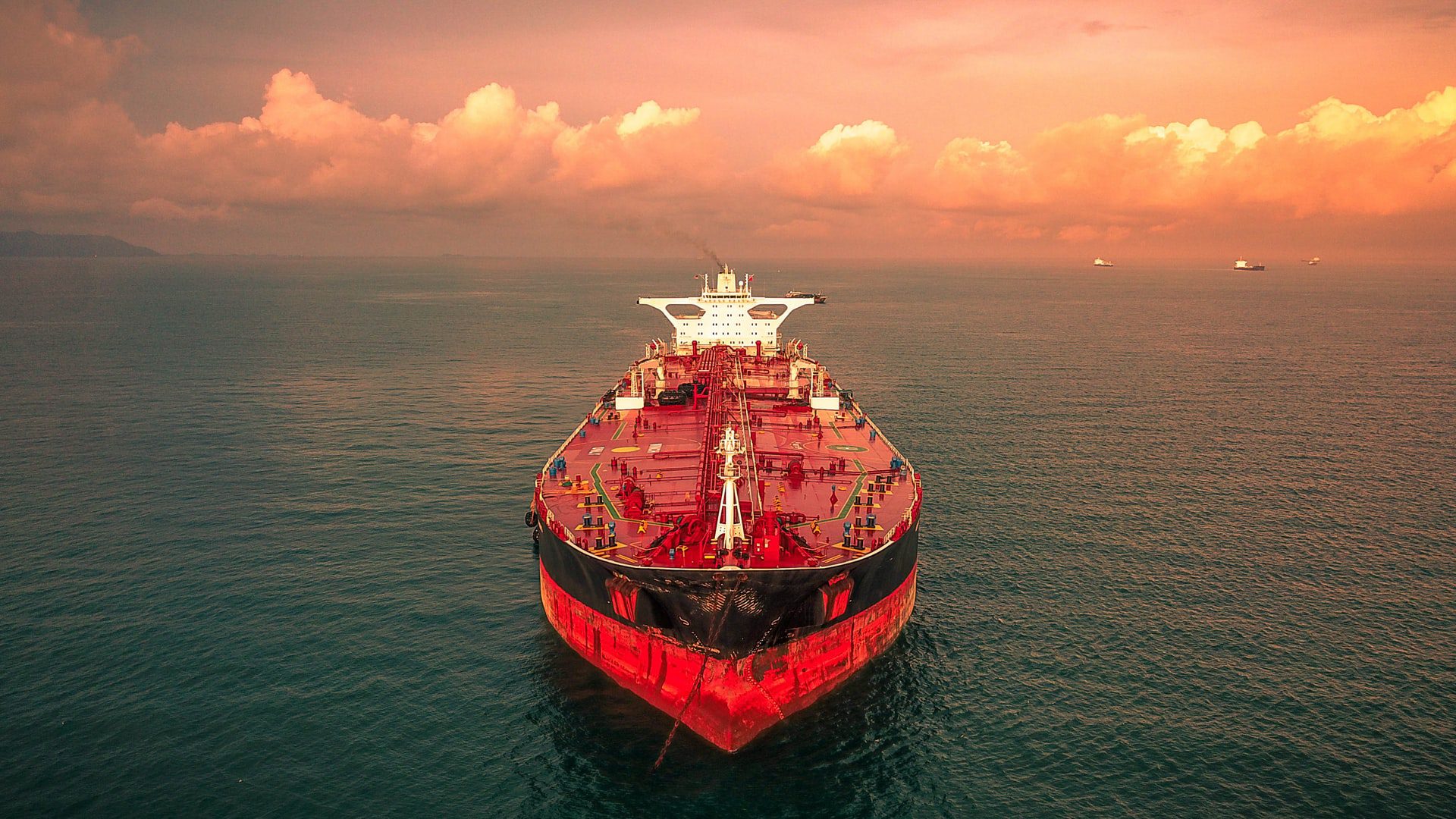
Ukraine remains committed to exporting wheat and other agricultural products, despite Russia’s airstrike on the port city of Odessa on Saturday, July 23rd. The attack came just a day after Russia and Ukraine had struck a deal to get much needed wheat out of Ukraine and into global markets.
Reports from the Associated Press explained that in the text of the agreement signed Friday, both Kyiv and Moscow agreed not to target vessels and port facilities involved in grain exportation, including the ports of Odessa, Chernomorsk, and Yuzhny. The strikes, according to Russian spokesman Igor Konashenkov, damaged armament kept at the port. Aljazeera reports that long-range missiles destroyed a docked Ukrainian warship and a warehouse that had been holding harpoon, anti-ship missiles supplied by the U.S. defence ministry.
As of July 24th, Ukraine reconfirmed its commitment to exporting its agricultural products.
“We continue technical preparations for the launch of exports of agricultural products from our ports,” Ukrainian infrastructure minister Oleksandr Kubrakov said on Facebook.
The export peace arrangement between Russia and Ukraine was accompanied by separate agreements between these countries and Turkey and the United Nations. These were intended to allow for the safe passage of Ukrainian ships carrying agricultural products through the Black Sea. Russian defence minister Sergei Shoigu and Ukrainian infrastructure minister Oleksandr Kubrakov signed separate agreements with U.N. secretary general António Guterres and Turkish defence minister Hulusi Akar at a ceremony in Istanbul, the AP reports. Turkish President Recep Tayyip Erdogan witnessed the signing. The agreements will also allow for Russian shipments of similar products such as wheat and fertiliser.
The recommencement of the exportation of Ukraine’s vital agricultural products comes as a relief for those around the world who depend on them, from farmers in Europe needing fertiliser to huge swaths of the population in Africa awaiting wheat. Sceptics had been wary that Russia would honour the agreement to allow safe passage of Ukrainian grain shipments through the Black Sea, which Russia has had blocked since the start of the invasion at the end of February. An estimated 22 million tonnes of grain and other agricultural products have been stuck in Black Sea ports since the start of the war.
“Today, there is a beacon on the Black Sea,” announced the U.N. secretary general. “A beacon of hope, a beacon of possibility, a beacon of relief in a world that needs it more than ever.”
Dubbed the “Black Sea Grain Initiative,” it will provide a safe ocean way out of the three key Ukrainian ports in the Black Sea—Odessa, Chernomorsk, and Yuzhny—and on to the rest of the world.
Ukraine is one of the world’s largest exporters of wheat, corn, and sunflower oil. Currently, some grain is being transported through Europe by rail, road, and river, but the principal trade route is through the Black Sea, which Russia blocked at the end of February. The blockade has sent the prices of vital commodities like wheat, barley, and sunflower oil soaring.
Under the agreement, a control centre will be established in Istanbul to run and coordinate the process. Ships will have to undergo inspections to ensure they are not transporting weapons. Russian ships will not escort Ukrainian vessels and no Russian officials will be allowed in Ukrainian ports.
Ukraine has made it clear that it has not signed an agreement with Russia and that it is ready to respond with force should Russia use the arrangement as an opportunity for further aggression in the Black Sea. In a tweet, Ukrainian presidential advisor Mykhailo Podolyak said:
1. Ukraine does not sign any documents with Russia. We sign an agreement with Turkey and the UN and undertake obligations to them. Russia signs a mirror agreement with Turkey and the UN.
2. No transport escort by Russian ships and no presence of Russian representatives in our ports. In case of provocations, an immediate military response.
3. All inspections of transport ships will be carried out by joint groups in Turkish waters in the event of such a need.
2. No transport escort by Russian ships and no presence of 🇷🇺 representatives in our ports. In case of provocations, an immediate military response.
— Михайло Подоляк (@Podolyak_M) July 22, 2022
3. All inspections of transport ships will be carried out by joint groups in 🇹🇷 waters in the event of such a need. 2/2
Shipments through the Black Sea should start to flow within a few weeks.
